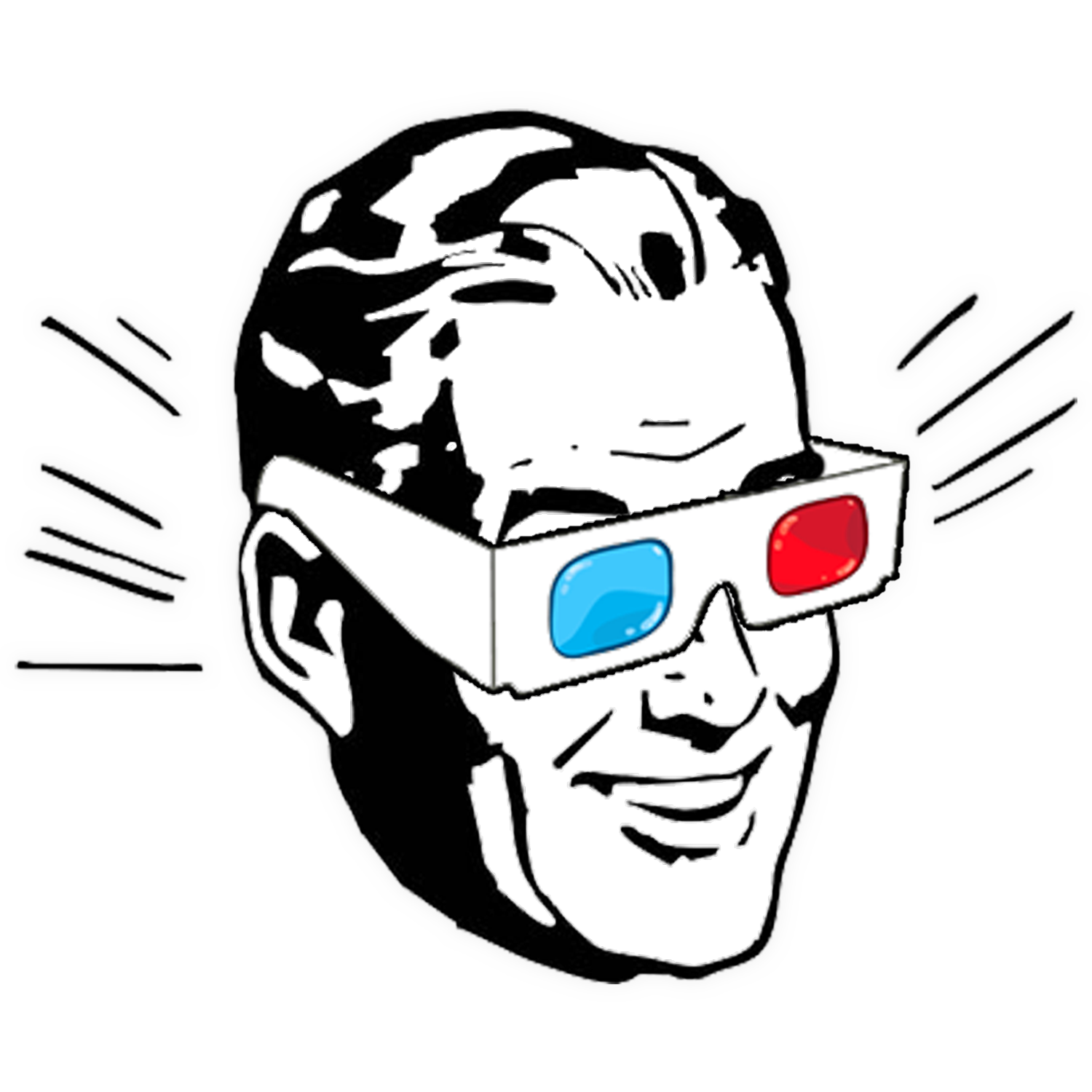
Detroit
July 30th, 2017
MOVIE: DETROIT
STARRING: JOHN BOYEGA; ALGEE SMITH; WILL POULTER; JACOB LATIMORE
DIRECTED BY: KATHRYN BIGELOW
AMovieGuy.com’s RATING: 3 ½ STARS (Out of 4)
I hope Detroit will elicit emotions of anger, sadness, and frustration from the audiences that see it. Kathryn Bigelow, the director of Point Break, The Hurt Locker, and Zero Dark Thirty fame, has made a film that feels like a combination of a documentary, a horror film, and a painful look at America’s reality. In 1967 in the city of Detroit, Michigan, 3 black men were brutally murdered by police in the Algiers hotel. That is not an opinion. That is a fact. It is an event that is a reality in this country. It was then, and it is today, and Bigelow makes sure we can’t look away. Detroit is a pulse-pounding, shocking, and poignant film, that becomes even more sad when you realize that after 50 years, we still have not come far from this fateful night in the motor city.
There is not exactly a character that is the central focus of Detroit. Bigelow has gathered a collection of excellent actors and the camera, shot in a cinema verite style, circles around all of them. The tone is set immediately in an animated prologue, about the lack of wealth to the black communities and a largely white police force. We then pick up at a party at an underground nightclub. Swiftly and methodically, the Detroit police raid the gathering, unlawfully ushering the black patrons onto the street, and into their paddy wagons. What would soon follow, were the events of massive riots on the streets, in a city and a community that was fed up with being treated less than others. Stores become looted, fires erupt, followed by a large police presence on the streets, an established curfew, and the eventual call to the national guard. The environment on the street was madness, but nothing would compare to the madness that would follow for the men in that hotel.
To tell this story, Bigelow has re-teamed with the writer for Zero Dark Thirty– Mark Boal, delivering a script that constantly keeps us on a tense edge. The film settles it’s focus onto lead singer Larry Reed (a scene stealing Algee Smith) of the promising Motown group- the Dramatics. The group’s hopeful performance at a downtown theater is cut off due to the riots before Larry can bless the audience with his angelic voice. Along with friend Fred (Jacob Latimore), they find shelter at the Algiers, spending the night with two white girls from Ohio (Hannah Murray & Kaitlyn Dever), before another hotel guest named Carl (Jason Mitchell) fires a blank starter pistol out the window. Lead police officer Philip Krauss (Will Poulter), who earlier had wrongfully shot a looter in the back for a few measly groceries, now stands outside the hotel and believes it to be a sniper. Along with his partners Flynn (Ben O’Toole) and Demens (Jack Reynor), they raid the hotel, brutalizing, torturing, beating, and killing three of the unarmed and innocent men.
Also inside the hotel, there is an interesting parallel between John Boyega’s Melvin Dismukes, a local security guard, who tries to play a middle man between the white officers and the “suspects”; And Anthony Mackie who plays Viet Nam war veteran Greene, back from the fight, who is hit by the police with the butt of a shotgun, called disgusting names, and humiliated. Dismukes ends up finding himself becoming compliant in what the officers are doing, trapped in the cycle of America’s racial divide, while Greene has the harsh reality that he is being treated worse in his own country than in the one where he fought for.
Before it even hit theaters there has already been controversy surrounding Detroit. The direction from Bigelow is a painful view of people being held against their will. In many regards, I wish a director like Ava DuVernay or Dee Rees was the person portraying this film, but Bigelow is not a stranger to handling material where the human spirit is broken by authority. For some, it will be hard to stomach the way people of color are treated, but that awful feeling you have is the message at work. The cinematography from Barry Ackroyd creates an authentic feeling and I hope it elicits people to talk about what has taken place in our country. Just last week our president condoned police officers being rough with people they arrest. We clearly still have a long way to go.
Overall, Detroit is a stark, intense piece of cinema. I am not blind to my privilege and how the black experience is not something I can relate to, but this movie shook me in my seat. Bigelow is not a stranger to telling stories of humanity, where the reactions from audience members will be a wide range of emotions. All I can do is hope there will be people who wake up after seeing Detroit. We cannot be blind to America’s history of police brutality. Those who protect and serve must be better. Bigelow has made a film that keeps us talking and challenges us to change. For many other reasons, I think Detroit is great.
3 ½ STARS
Written by: Leo Brady
leo@amovieguy.com








